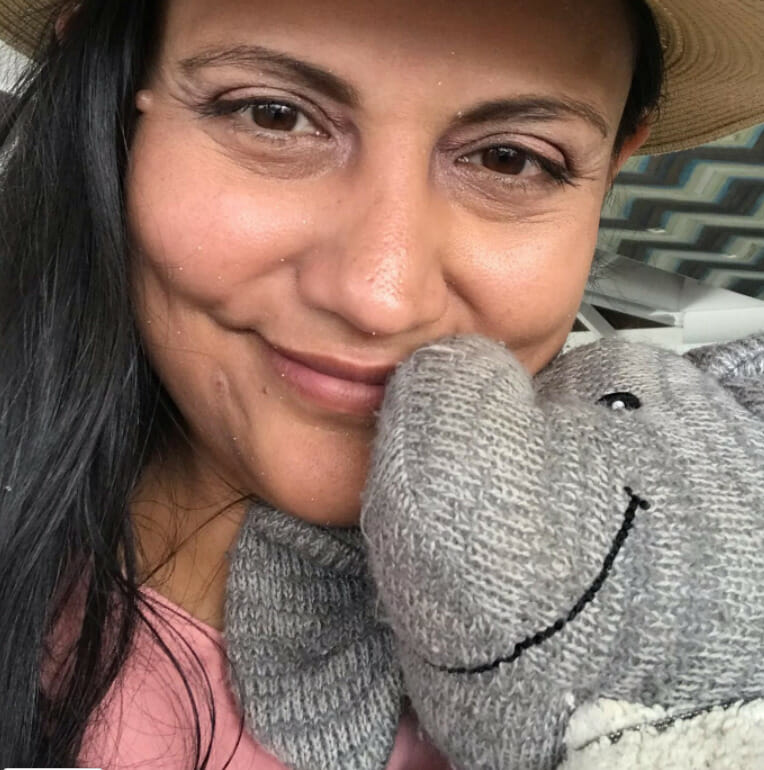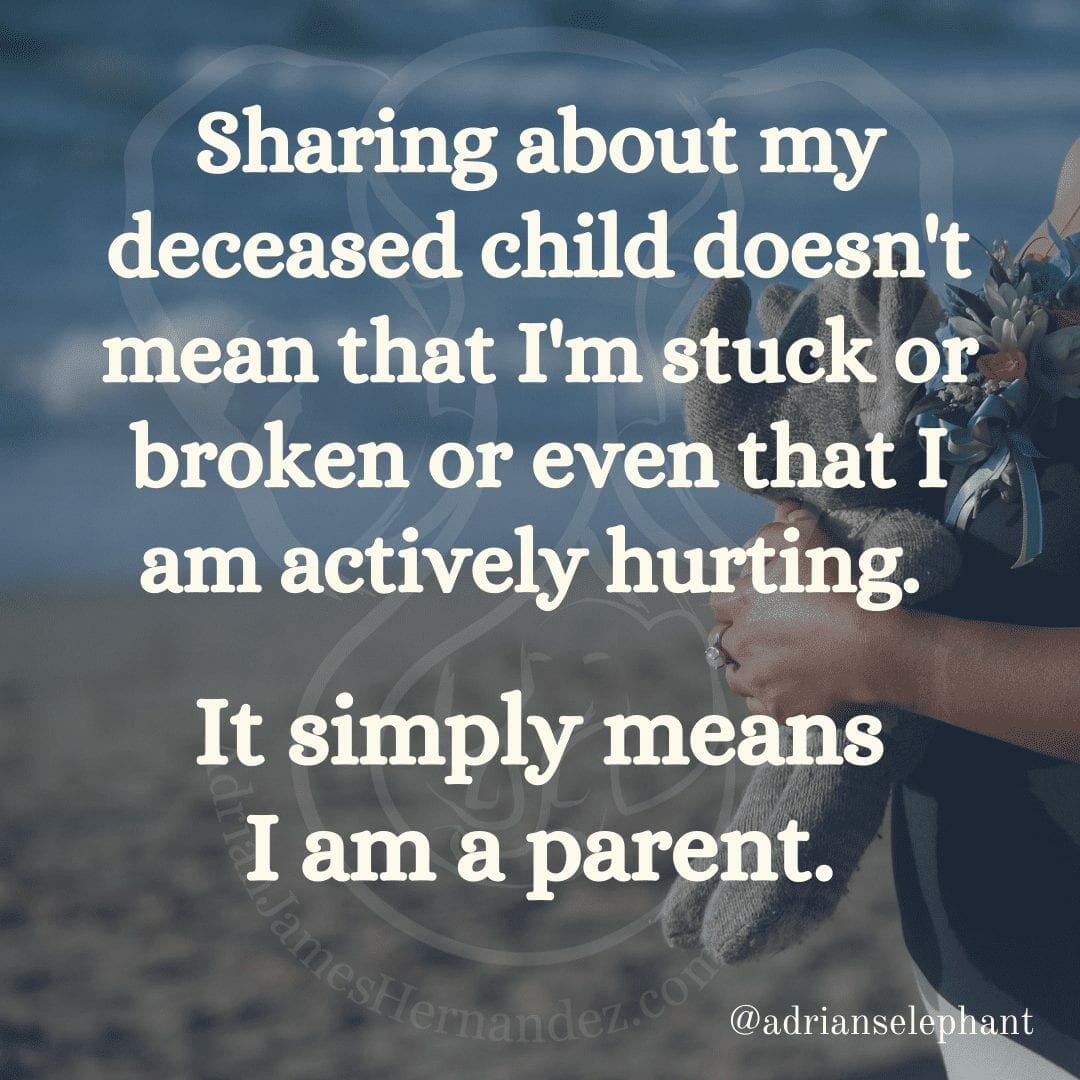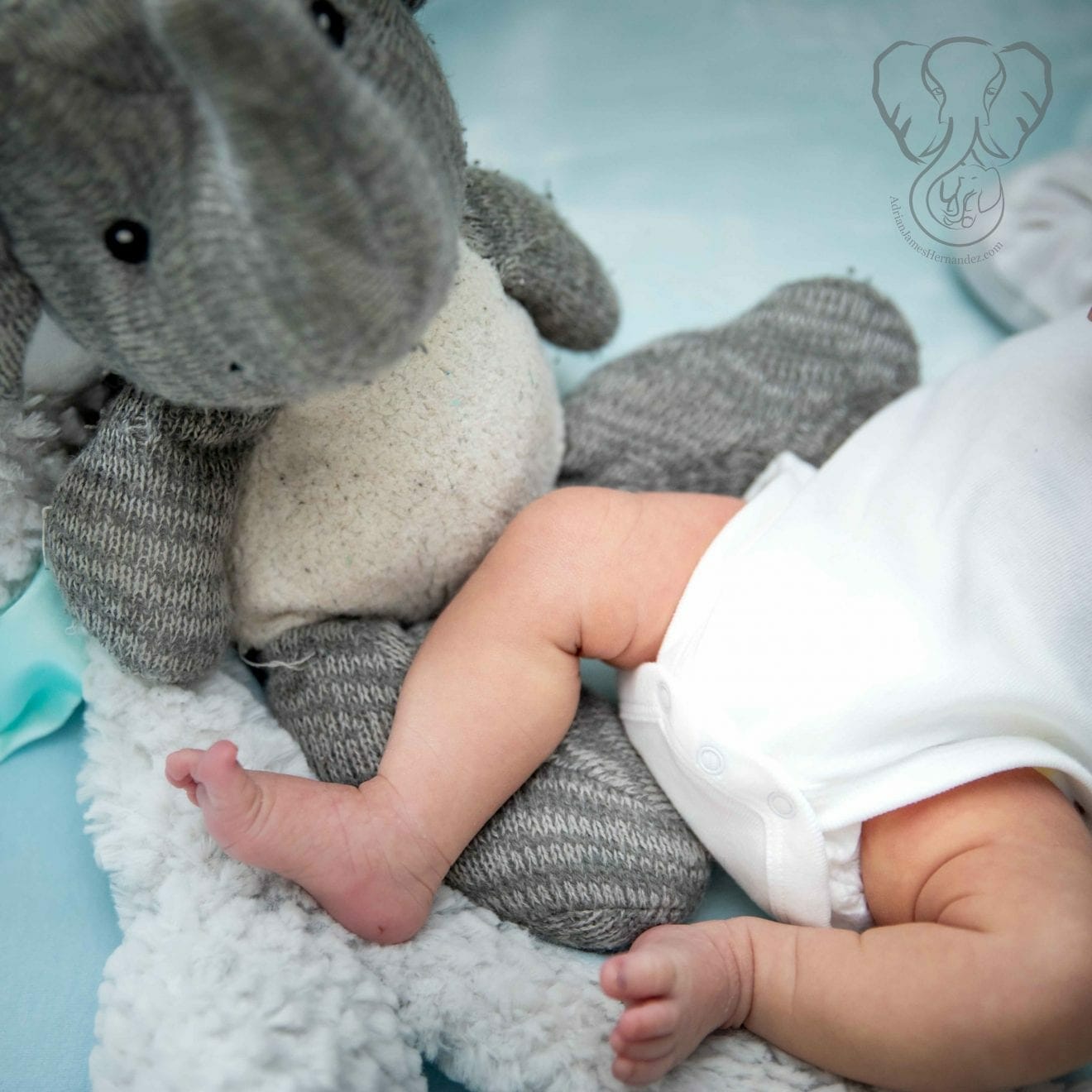A friend posted a news story on her page the other day about a man who had forgotten his twin children in the car, and the children died. Her comment (paraphrased) was, “How could anyone do this? I would never forget my child.” She seemed angry.
I think I get it. It’s a difficult subject. The death of any child is going to be hard. But I’m not angry. I’m sad.
I am sad because the children died. It brings back memories of the loss of my son. I am sad, too, because the parents lost their children. No matter the circumstances, they are grieving. I am also sad because of the misunderstanding; the assumption that this death happened through carelessness, and the notion—unspoken but implied—that the deaths were the father’s fault. That he simply wasn’t good enough.
I think we see this a lot. I think we subconsciously want all parents to be superheroes. My peanut has a scratch on her forehead right now, from where the family puppy accidentally nicked her, and this scratch, though tiny, makes me feel terrible. I should be able to keep her safe. This from the voice that has moved into my head: “Everything that goes wrong with a child is his or her parent’s fault.”
And this is often true. Sometimes there are cases of neglect, or lack of supervision. You can’t leave a three-year-old alone with a giant knife, for example. (You can’t leave a three-year-old alone, period :-).) But sometimes, no matter our intentions, accidents still happen. And that is almost always the case when a child is left in a car.
Multiple organizations have studied this phenomenon. There’s a really good article about it here. The gist of it generally boils down to routine. Wake up, shower, make coffee, eat breakfast. Put the kids in the car, take them to daycare, go to work. It happens the same every day, to the point that your brain develops an autopilot. But what happens when it’s your spouse who normally takes the kids to daycare, but he or she is sick? What happens when you have to take a different route, or have a family emergency? It’s a change to your routine. And like any other change, it can be easy to forget.
I won’t go into more detail, I think the article does it better than me. What I will say is that it happens, and it’s (almost) never on purpose. No parent, aside from a psychopath, ever wakes up one day and says, “Today is the day I’m going to kill my child.” This doesn’t happen.
So I go back to that sentiment, “I would never.” “I would never be so careless. This would never happen to me.” And I want to say, “How do you know? Granted, it hasn’t happened to you…yet. How do you know it’s not possible? How do you know you would never be so sleep-deprived and so used to your routine that you wouldn’t forget? It’s kind of impossible to prove a negative.”
And yes, there are precautions. There are reminders you can set, systems you can put into place. But no system is perfect. No schedule ever goes completely according to plan. And if it isn’t a car ride, it could be anything. No one is perfect, and you can’t keep everything bad from happening to you. I speak from experience.
My child didn’t die on a car ride. My child didn’t lose his life through neglect, or through a weapon left unattended. But he did die, and despite my best intentions, my actions could have made a difference. This is something I will always live with. I guarantee you this is something every parent who has lost a child feels. I guarantee you it’s worse when it’s something like this story, when it’s something so many jump to judgement on and so few understand.
These parents lost a child. These parents are in mourning. These parents were doing the best they can. Please, let them be. There but for a twist of fate go you, or go I.
~
Due to the nature of this subject, comments will be closely moderated. Please read the entire Washington Post article before leaving a comment.








































































































































































